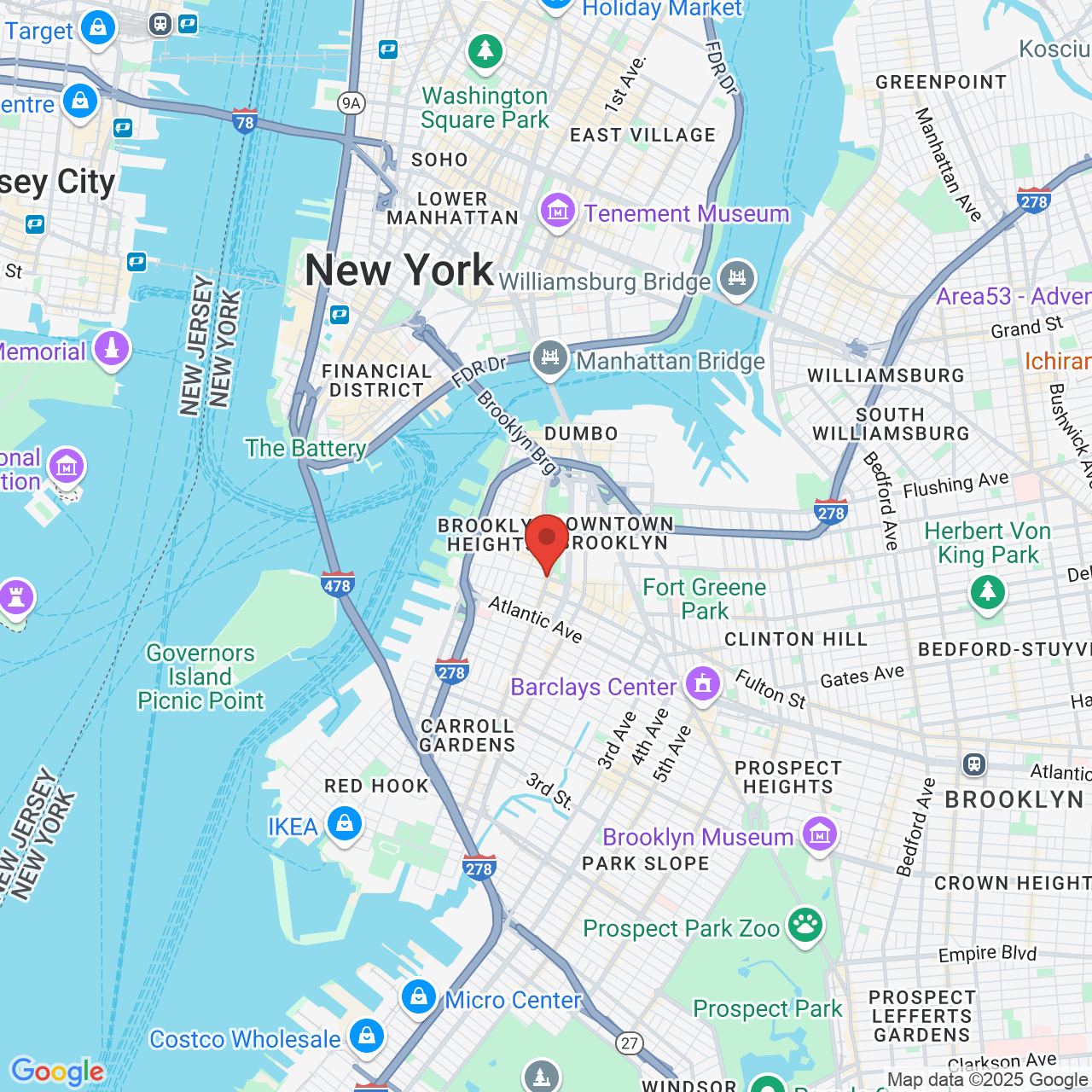Symptoms and Causes of Gum Disease
 Gum disease, also known as gingivitis or periodontitis, is a disorder that affects millions of adults. In its early stages, gum disease can seem like a minor nuisance. But if left untreated, gum disease can lead to severe damage and even tooth loss. At the cosmetic dentistry practice, Brooklyn Heights Dental, we believe that knowing gum disease symptoms and its causes are an important tool in overall prevention.
Gum disease, also known as gingivitis or periodontitis, is a disorder that affects millions of adults. In its early stages, gum disease can seem like a minor nuisance. But if left untreated, gum disease can lead to severe damage and even tooth loss. At the cosmetic dentistry practice, Brooklyn Heights Dental, we believe that knowing gum disease symptoms and its causes are an important tool in overall prevention.
What Causes Gum Disease?
Gum disease is caused by a buildup of bacteria within the mouth, causing the formation of plaque and tartar along the gum line. Over time, plaque and tartar can irritate the gums and lead to further inflammation and infection. While plaque can be cleared away with brushing and flossing alone, tartar is plaque that has hardened and requires a dentist’s cleaning tools to clear away so that gums and teeth can be restored to health.
While plaque and tartar are the root causes of gum disease, there are several factors that can contribute to its development. These factors include:
- Smoking: The habit of smoking can irritate gums further, encouraging inflammation.
- Dry Mouth: Some illnesses, as well as some medications, can cause a reduction in saliva. Without that saliva, bacteria can flourish more rapidly.
- Genetics: Gum disease can run in the family. If you were born at risk for gum disease, extra vigilance is required to keep dental health under control.
What Are the Symptoms of Gum Disease?
The symptoms of gum disease can manifest in many different ways, depending on how far the disease has been allowed to progress. Any of the following symptoms could be a sign of gum disease or its milder form, gingivitis:
- Red and Swollen Gums: An early calling card of gingivitis is gums that have become swollen and tender, and are a deeper red rather than a healthy shade of pink.
- Gums That Bleed When Brushed: In normal and healthy gums, brushing your teeth should not be a bloody affair. Gums that are prone to bleeding during routine brushing are gums affected by the onset of gum disease.
If gum disease is not treated early, it can graduate from the mild gingivitis to the more severe and concerning periodontitis. This is a stage in which bacteria grows in pockets beneath the gum line, attacking tooth roots, connective tissues, and even the jawbone itself. The symptoms of advanced gum disease can be much more severe and have long lasting consequences:
- Bad Breath: The most common early symptom of periodontitis is halitosis, or pervasive and persistent bad breath.
- Receding Gums: Your gums may start to shrink and pull away from the teeth as gum disease advances, causing teeth to look longer and more exposed.
- Tooth Sensitivity: As they become exposed closer to the tooth root, teeth can become noticeably more sensitive to hot and cold sensations as well as sweet and sour foods.
- Shifting Teeth: As gums recede and become soft in the advanced stages of gum disease, your teeth may begin to shift within your mouth. You may notice a change in your normal bite; if you wear dentures or a dental bridge, you may notice a change in the fit of your dental device.
- Loose Teeth: When advanced periodontitis is at its most severe, teeth may become loose and painful. If immediate action is not taken at this stage, these loose teeth may end up needing to be pulled and replaced with crowns or dentures.
Learn More about Gum Disease Treatment Today
When it is caught in time, even periodontitis can be effectively treated. Learning the causes and symptoms of gum disease can help you to recognize the signs early and seek out a periodontist for treatment. If you are suffering from symptoms of mild or advanced gum disease, contact Brooklyn Heights Dental to schedule an appointment today.



